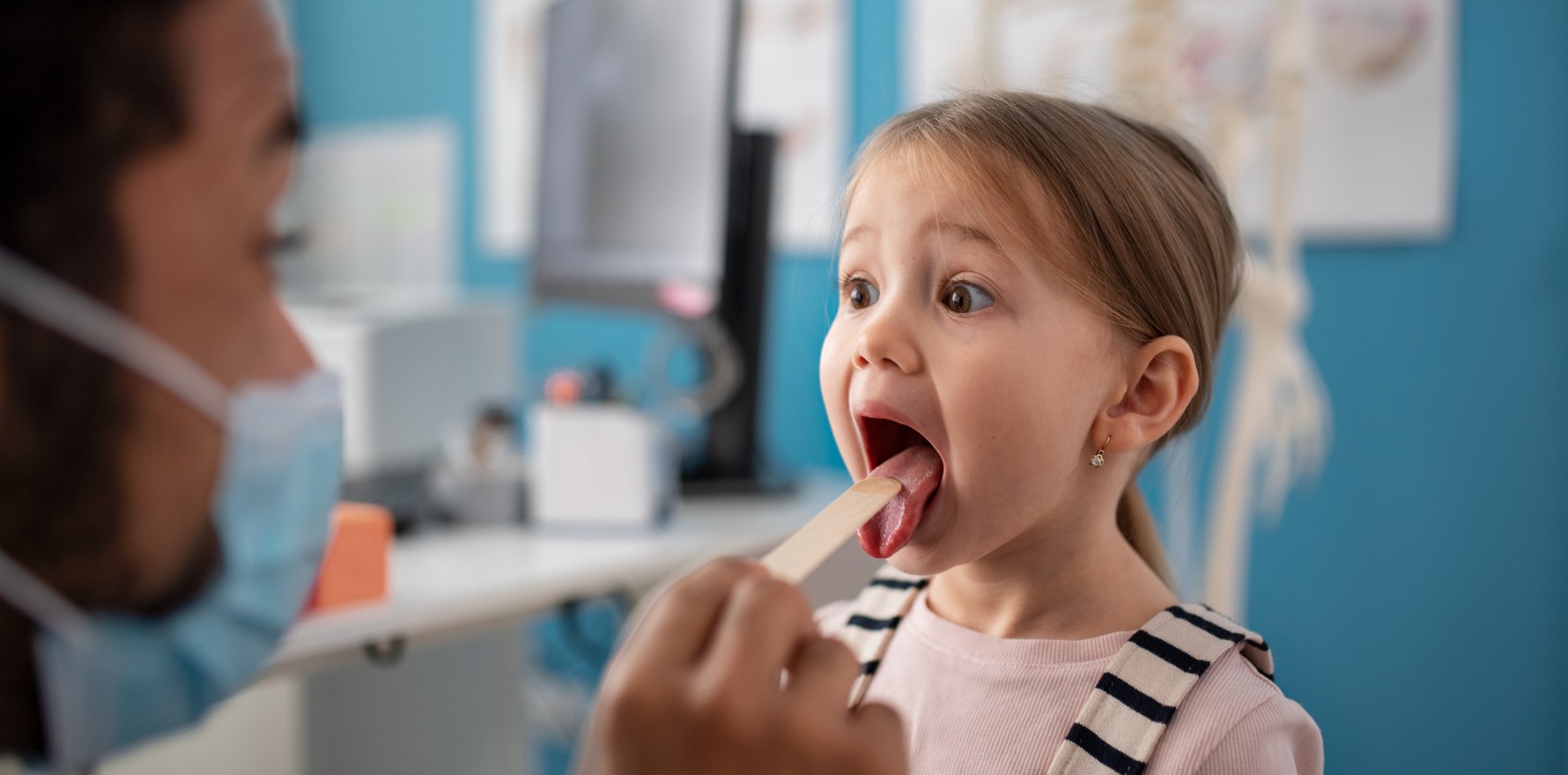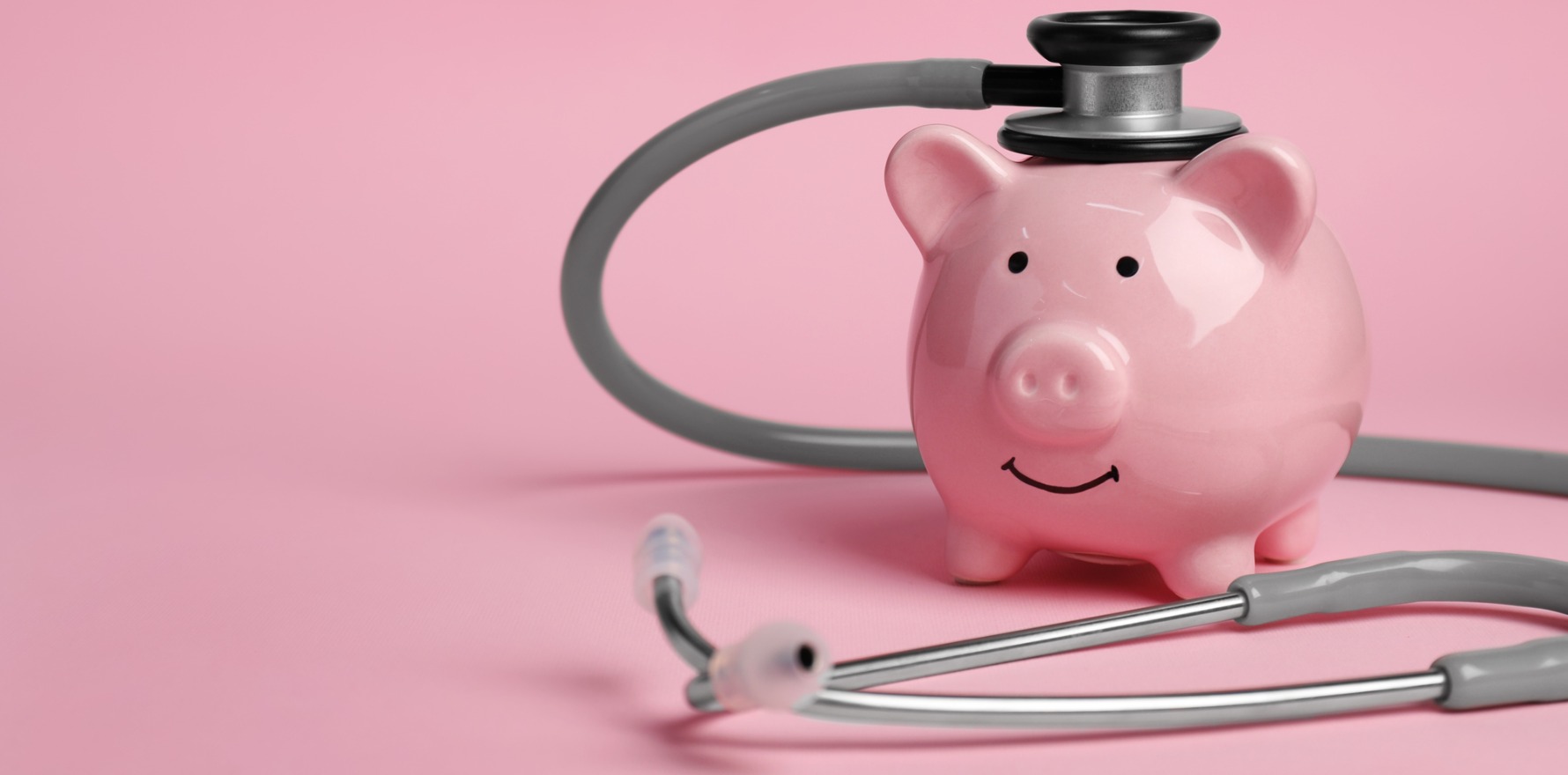But the draft national guidelines could go further. Oh, and change the acronym, says the RACGP.
The RACGP has released its response to draft national guidelines developed to include mental health and wellbeing in early childhood health checks for children aged 0-5 years.
While all states and territories include wellbeing in their early childhood checks, the new guidelines aim to develop a consistent national approach, which the college was all for.
“Mental health and wellbeing should absolutely be included in early childhood health checks – Australia is in the grips of a youth mental health crisis, and early intervention is critical,” said RACGP president Dr Nicole Higgins.
“Just last month, a Beyond Blue survey found a third of Australian parents with primary-school aged children are seriously concerned about their child’s mental health, with one in three extremely concerned.”
But despite being onboard, the college didn’t hold back on the proposal’s shortfalls, starting with the need for clear minimum standards.
“The guideline focuses on improving how early childhood health checks are performed,” said the college.
“Optimum or minimum standards for a health check should be first clearly defined. Once this is determined it will be easier to incorporate further improvements.”
According to the college, the proposal is at odds with healthcare already provided in general practice.
“There is a significant disconnect between the provision of early childhood healthcare in general practice and Early Childhood Health Checks in the current document,” reads the report.
“There is a missed opportunity for those performing Early Childhood Health Checks to enquire about access to healthcare, to encourage connection with the patient’s regular GP and to encourage promotion of preventive activities such as immunisation.”
Related
The college said the guidelines should include direction on the role of the family GP in providing mental health care.
“GPs are the most visited health service in Australia and they’re at the frontline of mental health care – more than 22 million Australians visit a GP for essential healthcare every year, including mental health care,” said Dr Higgins.
“And we are seeing more patients with mental health concerns.
“The proportion of GPs reporting mental health among their most common reasons for a patient consult rose from 61% in 2022 to 72% in 2023 in our last Health of the Nation report.”
The guidelines must also highlight the need for better coordination and bidirectional communication between services, including state-funded child health services and general practice and between GPs and child health nurses, added the college, to encourage holistic healthcare.
“We need to take a holistic view of a child’s health and wellbeing,” said Dr Higgins.
“Mental health issues in childhood can have a substantial impact on wellbeing, and there is strong evidence that it can continue to impact on health and wellbeing into adulthood.”
The RACGP also renewed calls from its budget wishlist for funding for universal annual children’s health checks for the first 2000 days.
Finally, the college noted the need for more dialogue on triaging resources to ensure equitable access, and a new acronym, given ECHC is already used in reference to Early Child Health Centres.




